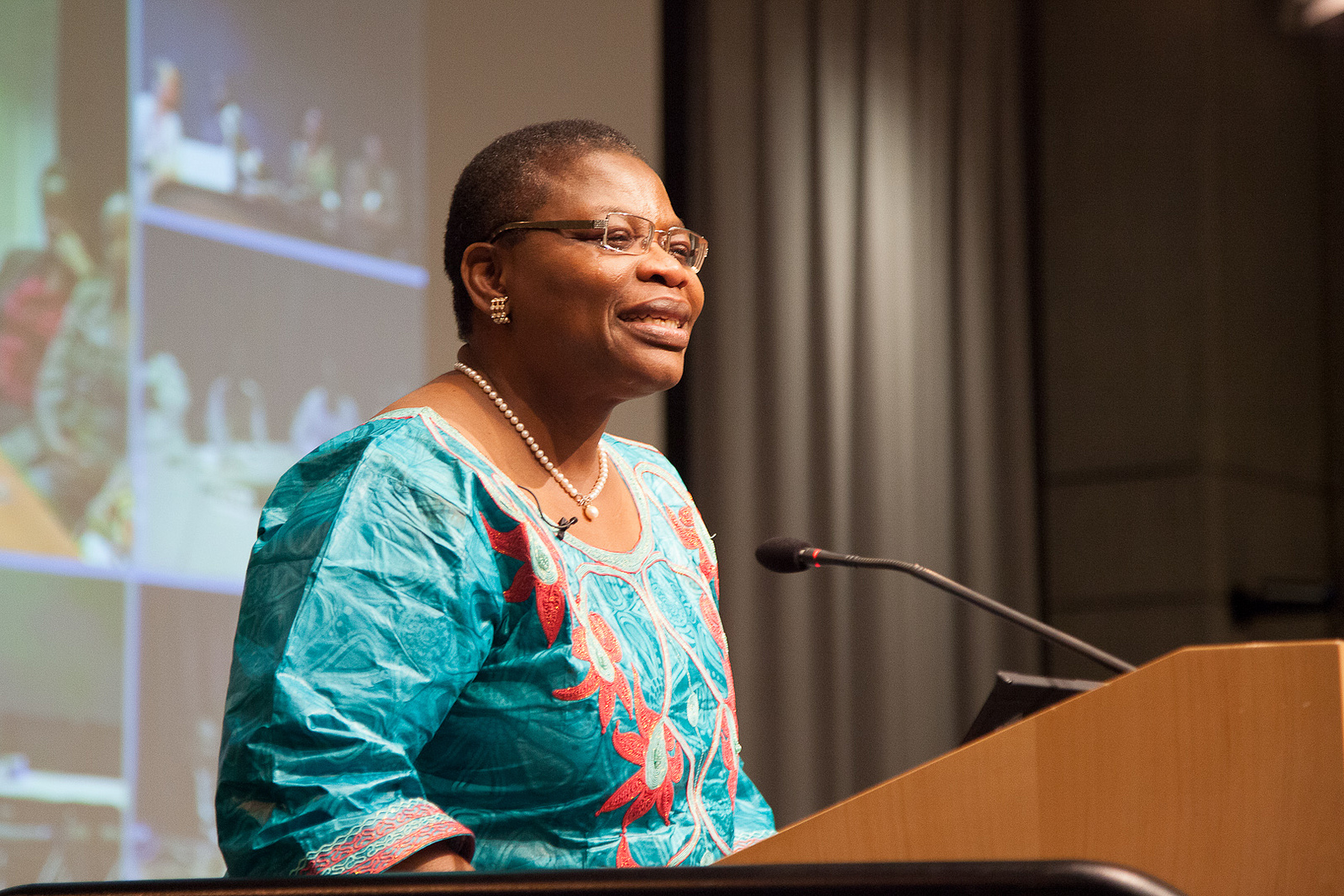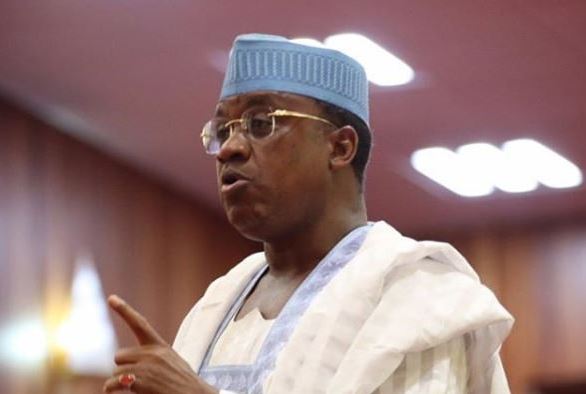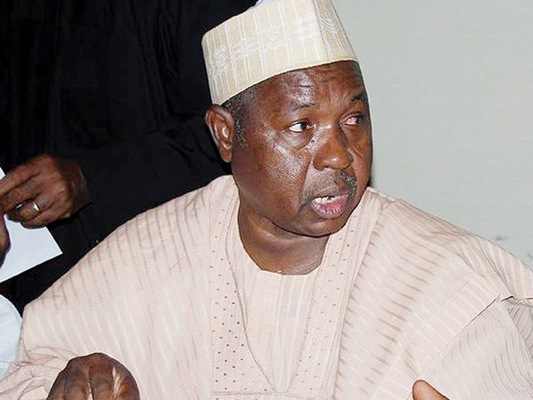Oby Ezekwesili, former minister of education, says the cost of tertiary education in Nigeria has been reduced to the extent that quality has been compromised.
Speaking on Thursday at the launch of Edfin, Nigeria’s first educational microfinance bank, she advised that the federal government find a solution that does not compromise the quality of education.
“There is a matter of how do you share the cost of getting a tertiary education. Unfortunately, our society did not come to the understanding that even education financing does not have to be a problem,” she said.
“You must have a solution that the pricing of education does not get taken down to the level where it cannot sustain quality. That is what’s going on now.
Advertisement
“We are taking down tertiary education to a level where a person is comfortable to pay almost N500,000 for the children in a top secondary school but once the children go into the university, their parents are ready to join them to protest about the pricing of university education. In the process of doing that, you are compromising quality and relevance.”
Proferring a solution, she said: “Those who have the capacity to pay should pay the right price for tertiary education and for those without the capacity to pay, edufinance and a subsidy from the federal government that is well designed will come to ensure that they are not left out of education.”
The presidential candidate of the Allied Congress Party of Nigeria said the country is in trouble because the crisis in the educational sector is not being addressed.
Advertisement
“Our country is in trouble because education is in crisis. A decade plus ago, I told the mission that if we did not address the crisis in education that in a matter of years. In fact, my prognosis at that time was that by 2020 that we will produce the most hardened criminals,” Ezekwesili said.
“There are people who called me to say you said 2020, it happened earlier than that. As minister of education, I said the problem is not about funding. If you fund a dysfunction well, you will get a well-funded dysfunction.”
Also speaking at the event, Bunmi Lawson, managing director of the microfinance bank, said the bank would ensure access to finance for educational needs.
“We are here today to mark the start of a journey one wherein the future everyone who wants to has access to quality education; where those who need finance; or you are a parent, you may be a student wanting to further your education or a teacher who need loans to improve their standard of living or their teaching skills. All stakeholders in the education ecosystem having easy access to the finance they need is the future we envisage.”
Advertisement







